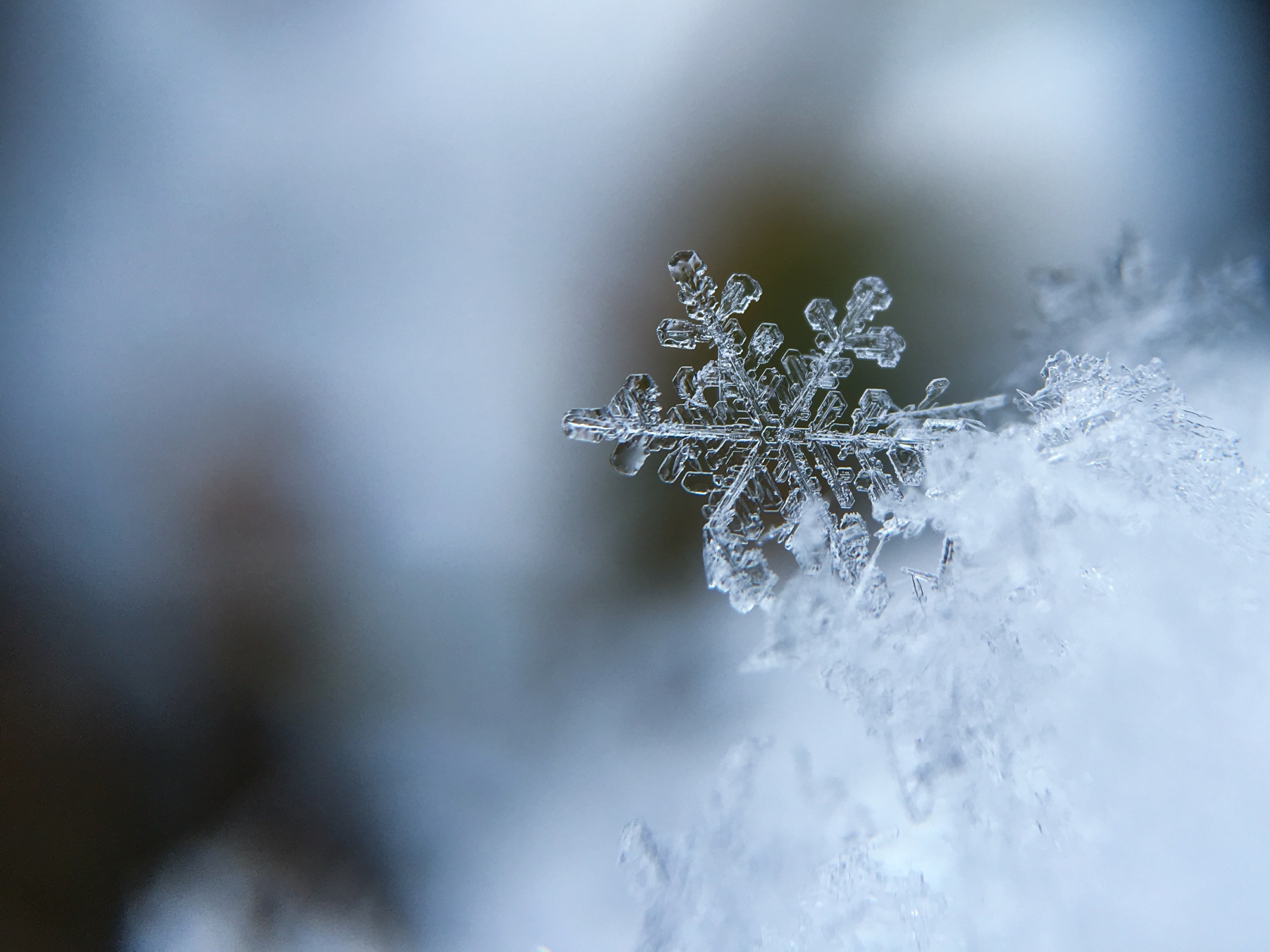Sign up for The Media Today, CJR’s daily newsletter.
It’s spring, so it’s a great time to talk about “snowflakes.”
We’re talking about people, not frozen water crystals. But what does it mean when you call someone a “snowflake”? After all, “snowflakes” are beautiful, glittering, gentle, unique.
But people who are called “snowflakes” are being insulted, not praised. What the insult means, though, might depend on who is doing the calling, and when.
One common use of “snowflake” in the past decade or so has been referring to millennials, a generation viewed by many as coddled by their “helicopter parents” and an “everyone’s a winner” philosophy.
As Emily Brewster of Merriam-Webster wrote, calling millennials “snowflakes” arose because they “were allegedly too convinced of their own status as special and unique people to be able (or bothered) to handle the normal trials and travails of regular adult life.” She traces that usage to the 1996 novel Fight Club, when one character tells others: “You are not a beautiful and unique snowflake. You are the same decaying organic matter as everyone, and we are all part of the same compost pile.”
But during the contentious 2016 election, “snowflake” took on more ominous tones, usually hurled by people on the right side of the political spectrum, usually at people on the left. The implication is that a “snowflake” is weak, emotional, and ineffectual, melting at the first sign of heat.
Right after the election, those insults merged, with many commentators railing at the “snowflake” college students so unhappy at the results. “The aftermath of Donald Trump’s election has been tough on our nation’s college campus special snowflakes,” Fox News said in one of the milder reports.
The Washington Times, saying the “mainstream media” had lost all credibility, wrote: “The only people left believing these liars and slime artists are these melting snowflakes calling in sick and hovering in safe places under their beds.”
“Snowflake generation,” defined as “the young adults of the 2010s, viewed as being less resilient and more prone to taking offence than previous generations,” was even one of the top 10 words of 2016 from the Collins dictionary 2016 Word of the Year. (That could be a sign it’s on its way out.)
Today, a “snowflake” can be any progressive or liberal, in the view of many conservatives, or anyone seen as weak or unresisting. The master snowmaker, though, might be Bill O’Reilly. While “snowflake” did not appear often on his program, his new book, Old School, produces a veritable avalanche. As The New York Times wrote in a review, “snowflake” is used as an all-purpose insult for “whiners, tweeters, helicopter parents, employees who don’t use briefcases and worse.” But, the reviewer says, O’Reilly and his co-author, Bruce Feirstein, leave the definition of “snowflake” “so vague as to be meaningless.” Plus, the reviewer, Janet Maslin, wrote, snowflake is “getting rusty. A new epithet would have been nice.”
“Snowflake” has actually been around a long time as an insult.
Merriam-Webster’s Brewster says that during the Civil War era in Missouri, a “Snowflake” was “a person who was opposed to the abolition of slavery—the implication of the name being that such people valued white people over black people.” In the 1970s, it was used for a black or white man who was “acting white.” The Concise New Partridge Dictionary of Slang and Unconventional English traces that usage to Love Thy Neighbour, a British comedy in which an educated black man sometimes calls his working-class white neighbor a “snowflake.”
As you can see, the definition of “snowflake” is in the eye of the hurler. And it can get worse: Urban Dictionary includes several definitions that link “snowflake” to white supremacists who evoked the image of “human ash in the air when the Nazis would burn people alive.” Snopes debunks the urban legend that the Nazis used the term, but that won’t stop people from using it that way.
The American Heritage Dictionary, often out in front on slang, already includes a definition of “snowflake”: “A person who is considered to be overly sensitive or too easily offended, especially as a result of believing himself or herself to be unique or special.”
Everyone is unique, if not special. Because “snowflake” has so many layers of meaning, it would be great if we could drift away from using it as an insult.
Has America ever needed a media defender more than now? Help us by joining CJR today.



